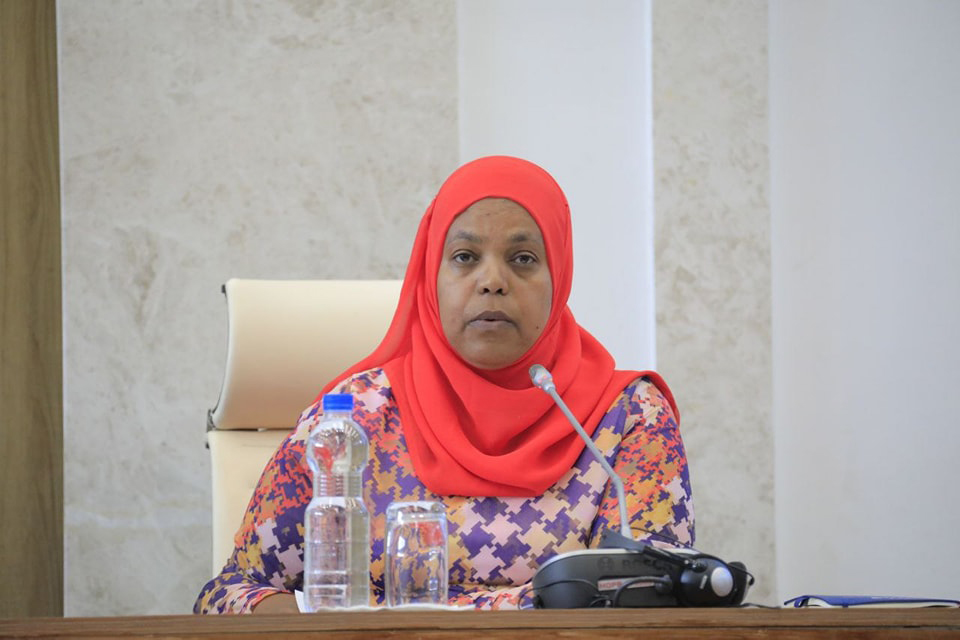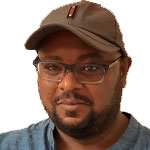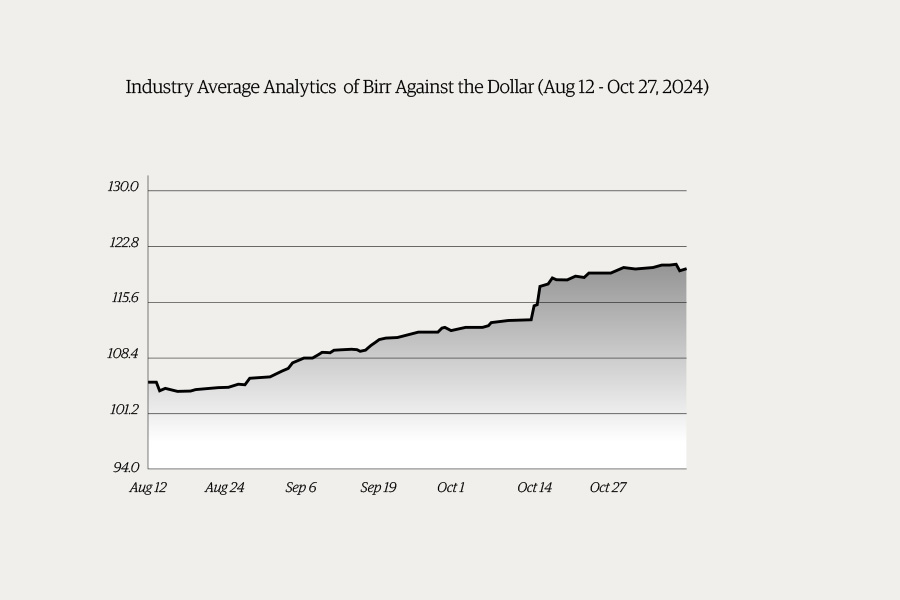
Fortune News | Apr 21,2025
Aug 20 , 2022
By Asegid Getachew
A company does not merely need to secure legitimacy in the eyes of shareholders but other stakeholders too. Several real-world business cases can serve to show how legitimacy secured or denied affects the long-term existence of organisations, writes Asegid Getachew, assistant professor and research scholar at Andhra University (asewoldeam@gmail.com).
Organisations do not exist in an empty plain without linkage with the external environment. They must interact with various stakeholders who directly or indirectly affect their continued existence. These stakeholders might include government, employees, suppliers, the community and activists. These groups have a vested interest in the operations of organisations and always have a list of demands and expectations to be met. The community is mostly considered a vital stakeholder. The most essential thing in this regard is the congruence between the value system of organisations and the norms, values and expectations of the community in which they operate.
The theoretical support for linkage between organisation and community comes from legitimacy theory. The theory is based on the proposition that a “social contract” exists between organisations and the community. This contract defines the implicit demands and expectations. Firms that strive to meet this demand will be rewarded with legitimacy as their “license to operate." In contrast, those who disregard them will face a legitimacy gap that ultimately leads to negative ramifications. The community may deny them legitimacy, and this threatens their continued survival.
Several real-world business cases can serve to understand how legitimacy secured or denied may affect the long-term existence of organisations. The two most important relate to two multinational giants.
The first is Merck, the largest multination pharmaceutical firm. The company is associated with a number of stakeholder engagements. However, it is well known for its signature Mectizan Donation Program, which is the longest-running, disease-specific drug donation program of its kind. The program started as an attempt to ameliorate the effects of river blindness. The disease is debilitating and may ultimately lead to loss of sight. It plagued remote communities in Africa, Latin America and Yemen, and there was no answer to this affliction.
In 1987, Merck committed to donating Mectizan – as much as needed, for as long as needed – to help eliminate the disease. It got to work in collaboration with organisations like the World Health Organisation (WHO), endemic countries, and a range of public and private stakeholders. The intervention by Merck has been so effective that four countries in Latin America – Colombia, Ecuador, Mexico and Guatemala – have received WHO verification of river blindness elimination. Some countries in Africa are also progressing well.
Merck's participation in the initiative has translated to improved performance. Yolanda Hernando and co, in their article, "Doing well while fighting river blindness: the alignment of a corporate drug donation programme with responsibilities to shareholders," underline this fact.
"The MDP is an instructive example of the financial feasibility of acts corporate generosity and effective collaboration with multiple public and non-profit under existing corporate laws and tax regulations," they wrote.
The second case relates to Shell and its operation in Nigeria. The Anglo-Dutch oil giant operates in many parts of the globe and has been present in Nigeria since the early 20th century. Shell came into contact with the Ogoni people in one of its oil exploration projects. The Ogoni people live in Rivers State in the Niger Delta, in south-eastern Nigeria. The livelihood of these people was based on agriculture and fishing. The discovery of oil in the area drastically changed their livelihood as oil spills, leaks and gas flaring led to environmental damage.
The Ogoni people retaliated by continuously demonstrating against Shell and even formed their representative organisation, the Movement for the Survival of the Ogoni People (MOSOP). This organisation was instrumental in making the voice of the Ogoni people heard by the international community. After a heightened struggle, which even led to the execution of high-ranking members of MOSOP, including its famous leader Ken Saro Wiwa, Shell was forced to abandon its operation in the area.
The repercussions for Shell were damaging. The international community scrutinised the company and it lost millions of dollars in payment for compensation and restoration when it finally got back to the river delta.
Shell seems to have learned its lessons. Richard Boele and co. in their article, “Shell, Nigeria and the Ogoni. A study in Unsustainable Development,” contend that “Since then, Shell International has re-invented its corporate strategy in line with principles of sustainable development and it has committed itself to a level of stakeholder engagement on its environmental and social performance which would have been unthinkable in 1995.”
These cases indicate that the long-term survival of organisations depends not only on their profit-generating capacity but also on the care with which they handle the demands of stakeholders.
The legitimacy-based business model also comes in handy for organisations in Ethiopia, where the overriding focus seems to be profitability. Entirely focusing on profit makes organisations myopic as they may lose sight of the implications of disregarding essential stakeholders. The prevailing business environment requires integrating the profit objective with the ideals of responsibility, ethics and sustainability.
PUBLISHED ON
Aug 20,2022 [ VOL
23 , NO
1164]


Fortune News | Apr 21,2025

My Opinion | Oct 23,2021

My Opinion | Apr 02,2022

Life Matters | Jun 04,2022

Viewpoints | Feb 04,2023

Fortune News | Feb 24,2024

Editorial | Dec 07,2019

View From Arada | Feb 01,2020

Commentaries | Sep 18,2021

Money Market Watch | Nov 09,2024

My Opinion | 131983 Views | Aug 14,2021

My Opinion | 128372 Views | Aug 21,2021

My Opinion | 126309 Views | Sep 10,2021

My Opinion | 123927 Views | Aug 07,2021

Dec 22 , 2024 . By TIZITA SHEWAFERAW
Charged with transforming colossal state-owned enterprises into modern and competitiv...

Aug 18 , 2024 . By AKSAH ITALO
Although predictable Yonas Zerihun's job in the ride-hailing service is not immune to...

Jul 28 , 2024 . By TIZITA SHEWAFERAW
Unhabitual, perhaps too many, Samuel Gebreyohannes, 38, used to occasionally enjoy a couple of beers at breakfast. However, he recently swit...

Jul 13 , 2024 . By AKSAH ITALO
Investors who rely on tractors, trucks, and field vehicles for commuting, transporting commodities, and f...

Jul 5 , 2025
Six years ago, Ethiopia was the darling of international liberal commentators. A year...

Jun 28 , 2025
Meseret Damtie, the assertive auditor general, has never been shy about naming names...

Jun 21 , 2025
A well-worn adage says, “Budget is not destiny, but it is direction.” Examining t...

Jun 14 , 2025
Yet again, the Horn of Africa is bracing for trouble. A region already frayed by wars...

Jul 6 , 2025 . By BEZAWIT HULUAGER
The federal legislature gave Prime Minister Abiy Ahmed (PhD) what he wanted: a 1.9 tr...

Jul 6 , 2025 . By YITBAREK GETACHEW
In a city rising skyward at breakneck speed, a reckoning has arrived. Authorities in...

Jul 6 , 2025 . By NAHOM AYELE
A landmark directive from the Ministry of Finance signals a paradigm shift in the cou...

Jul 6 , 2025 . By NAHOM AYELE
Awash Bank has announced plans to establish a dedicated investment banking subsidiary...